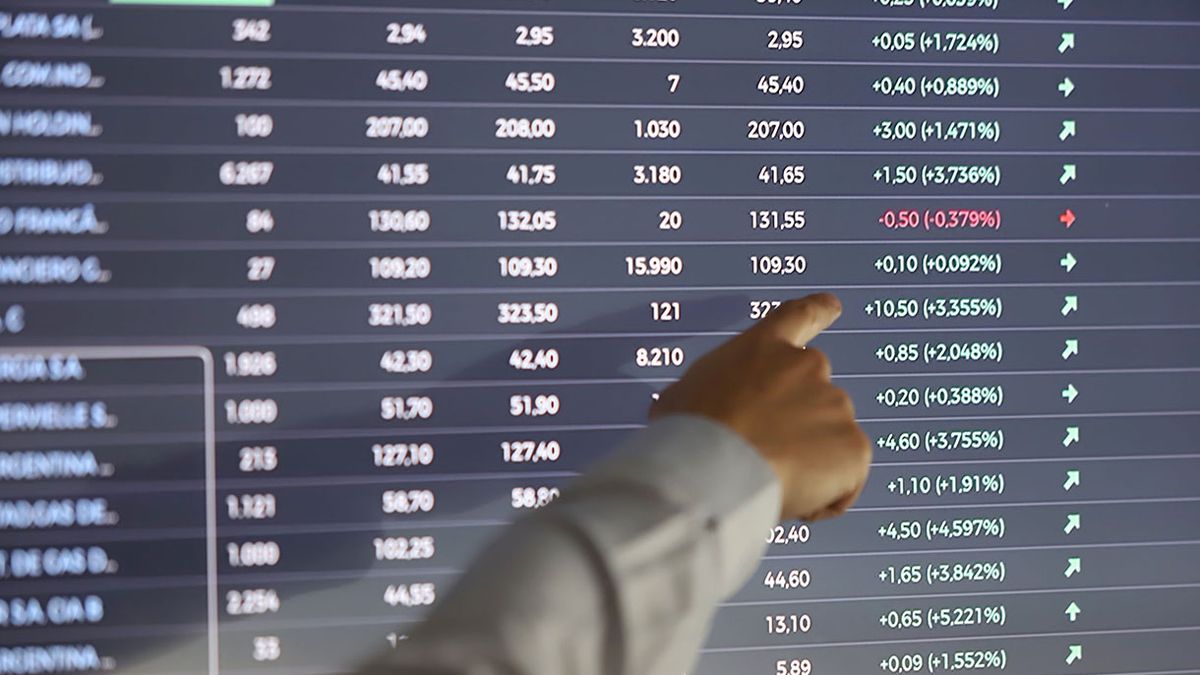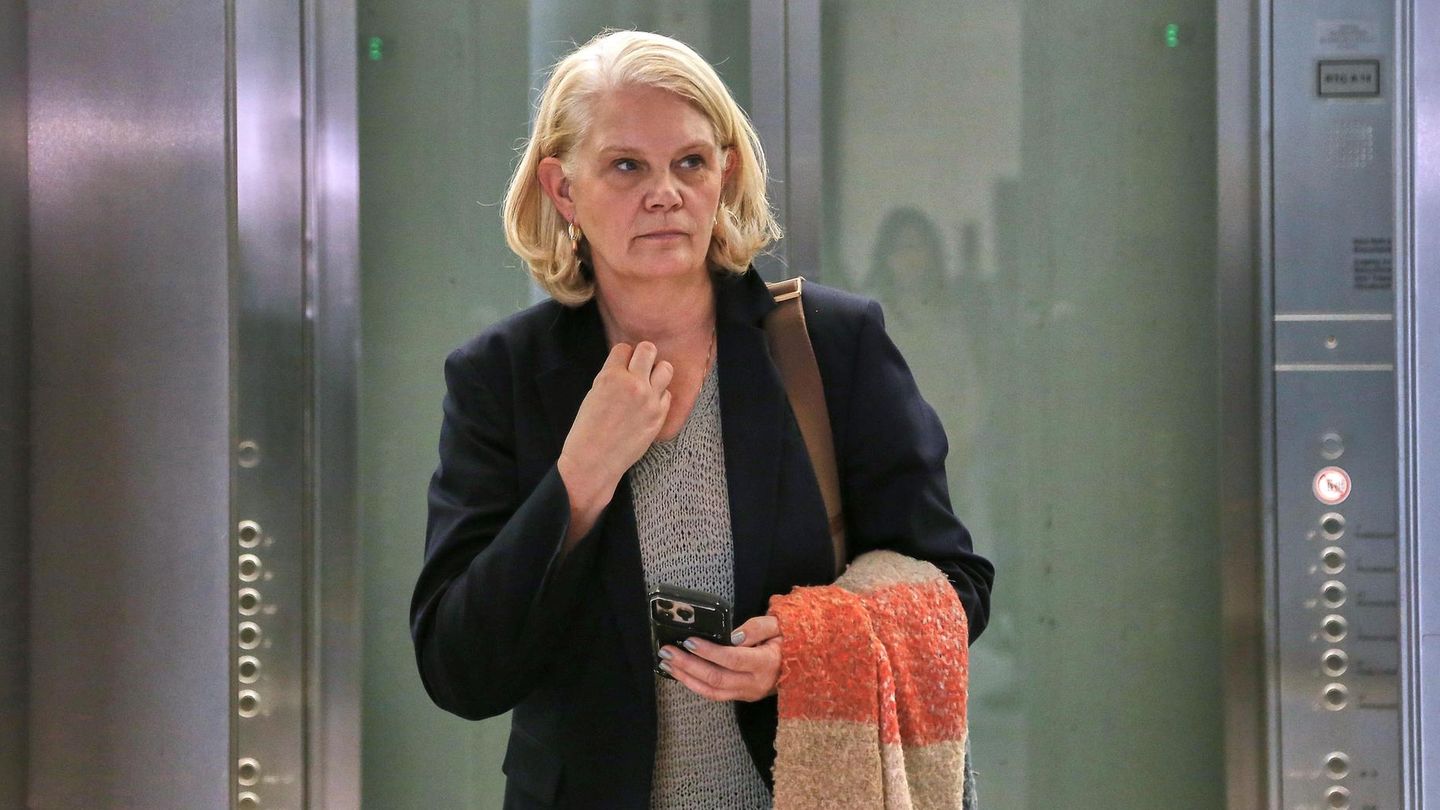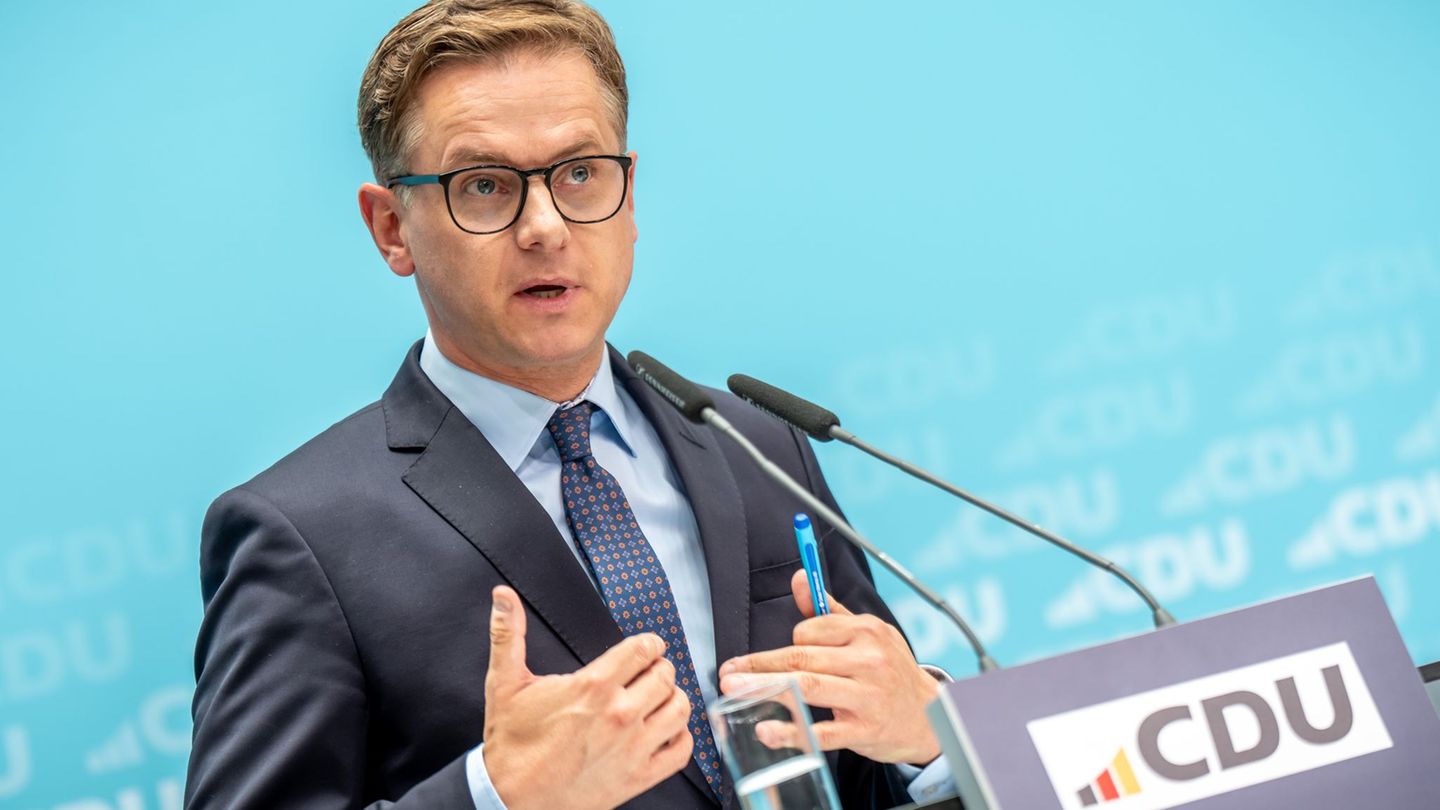“The market is affected by these internal government issues, which can affect the negotiations (with the IMF), or at least slow them down”said one trader, adding “profit-taking is unavoidable in this environment.”
On Friday, the president, Alberto Fernández, announced that the country had reached an understanding with the IMF to restructure debt payments of more than US$40 billion.
Máximo Kirchner’s resignation from the presidency of the FdT bloc exposes the differences that persisted within the government coalition to reach an agreement with the body.
“Máximo Kirchner’s door slam is not surprising and is part of the complex path that the pre-agreement with the IMF must still travel. The treatment in Congress will surely be turbulent, forcing the Government to look for circumstantial allies to compensate for the potential loss of 18/20 field deputies and at least 5 senators”highlighted from Delphos Investment.
For its part, the risk rating agency Moody’s warned on Tuesday that probably “the IMF agreement will not be enough to restore the country’s access to the international capital market.” “Argentina will still need to restructure the payments owed to private sector creditors that start to increase in 2024,” she said.
The leading Argentine index S&P Merval rises 0.7%to 91,573 points, after gaining 3% in the previous session and closing January with a rise of 8.9% (in pesos).
The best performances are shown by the shares of Transportadora de Gas del Norte (+3.6%), Transener (+2.6%) and YPF (2.3%). Meanwhile, the papers of Argentine companies listed on Wall Street (ADRs) operate disparate.
In this context of volatility, local assets are expected to maintain high volatility, which could mark buying opportunities every time prices drop. “Argentine assets are within a ‘plate bottom’, operating in a wide lateral channel that does not currently find arguments to trigger a `Bull Market`, but that the floors are evident every time extreme valuation levels are touched “, commented an operator.
After Kirchner’s decision, President Alberto Fernández confirmed in statements to C5N that the agreement with the IMF “is the best agreement that could be achieved” and that he did so “convinced” that he is “preserving the Argentine economy.”
This Tuesday the country must face a payment to the institution directed by Kristalina Georgieva for some US$365 million with reserves from the Central Bank (BCRA), which are at the lowest levels of the last five years.
Source: Ambito
David William is a talented author who has made a name for himself in the world of writing. He is a professional author who writes on a wide range of topics, from general interest to opinion news. David is currently working as a writer at 24 hours worlds where he brings his unique perspective and in-depth research to his articles, making them both informative and engaging.




